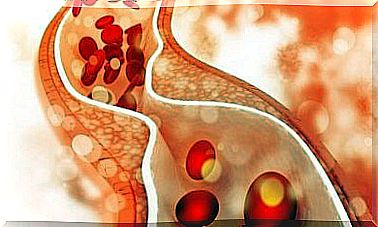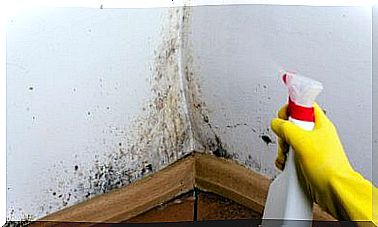Colon Cancer Information
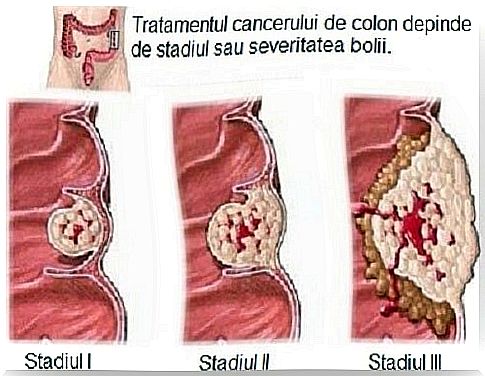
We need to have as much information as possible about colon cancer, a disease that has grown in recent times, in order to prevent or treat it as much as possible. Because this is the most serious colon disease, it is important to know as much as possible about it.
Colon and rectal cancer is one of the most dangerous deadly diseases in countries such as the United States. Early diagnosis can lead to a cure for colon cancer. It begins to develop in the inner lining of the colon or rectum.
What causes colon cancer?
There is more than one cause of this disease. Most patients are initially diagnosed with benign polyps that become cancerous if left untreated or left to grow. People who are at increased risk of developing colon cancer are:
- People over the age of 60
- People of American, African or Eastern European descent
- People who eat a lot of processed foods or red meat.
- People diagnosed with polyps on the colon or rectum
- People with inflammatory bowel disease such as ulcerative colitis or Crohn’s disease
- People with a family history (especially in the case of adenomatous polyps)
- People who have a high-fat diet with too little fiber
- People who smoke or consume excessive alcohol
- Those overweight or obese
Colon or large bowel cancer is the second most common disease in men , more common in men than in women. Only 10% of polyps become cancerous, but treatment is needed before the disease progresses. Unfortunately, most people do not know enough information about colon cancer.
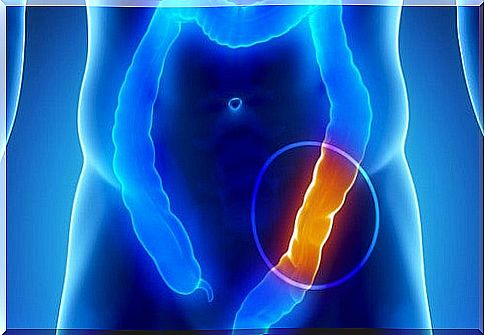
Information about colon cancer
The symptoms of the condition can vary depending on where the tumor develops on the intestine.
- If it is located on the left side of the colon, symptoms may occur such as: bloody stool, diarrhea or constipation, feeling of incomplete stool.
- If it is located in the transverse colon: pain, blockage, cramps, vomiting and feeling of inflamed abdomen.
- If located on the right side: internal bleeding, chronic anemia, fatigue, pallor and feeling of weakness.
Colon cancer can cause loss of appetite, drastic weight loss, fever, chronic fatigue, tenderness and lower abdominal pain, thin stools.
How can colon cancer be detected?
There are several medical tests that can determine if a person has colon cancer (or polyps, the precursors of cancer). The doctor applies pressure to the abdominal area and performs a rectal exam to detect possible swelling.
A stool test can also be done to detect the presence of blood, which may indicate the formation of colon cancer (but also other diseases). Other blood tests can detect anemia and liver dysfunction.
By colonoscopy, the doctor can see the entire intestine, thus detecting polyps or colon cancer. With the help of this test, the entire intestinal tract can be observed and samples can be taken for analysis from the suspicious tissue. If a colonoscopy cannot be performed due to the wounds, then a barium enema is performed to observe the colon on an x-ray.
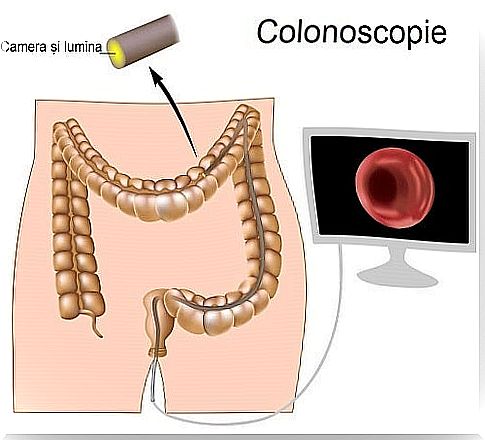
If the diagnosis is colon cancer, then other tests are performed to determine its proportions or how widespread it is. The abdominal area is observed by a computed tomography (CT) or magnetic resonance imaging (MRI or MRI). The doctor gives the patient as much information as possible about the colon cancer and its stages.
There are five stages of colon cancer:
- Stage 0: It forms on the outer layers of the intestine.
- Stage I: the inner layers of the colon are affected.
- Stage II: It is spread along the wall of the colon.
- Stage III: The cancer is spread to the lymph nodes.
- Stage IV: the cancer is also spread to other internal organs (metastasis).
Treatment depends on many factors, depending on the stage and location of the disease. The strength of treatments varies and may include an operation to remove the cancer cells (colectomy), chemotherapy to destroy the cancer cells, and radio therapy to destroy the cancerous tissue.
Colon cancer is curable if it is discovered and treated in the early stages. The prognosis also depends on the patient’s age, his immune system, the stage at which treatment begins and others. If after five years of treatment the colon cancer does not recur, it can be said that the patient has been cured.
Early diagnosis and prevention of colon cancer
There are many ways in which a possible colon cancer can be detected in time, but in the early stages, the symptoms can be confused with those of other diseases. Therefore, it is very important to know as much information as possible about colon cancer.
People over the age of 50 are advised to have a stool test once a year for traces of blood. If there is a history of this disease in the family, several preventive measures should be taken, including an endoscopy from the age of 40, repeated every two years. If the result is positive, then a colonoscopy is recommended, as shown above.

